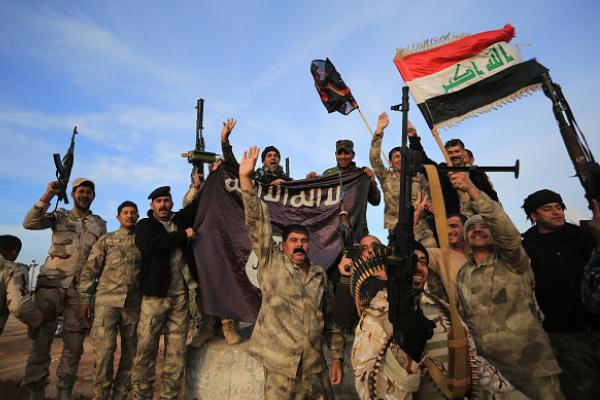As an evangelical theologian and pastor, I want to say that ISIS is evil. Evil is a term we don’t normally hear in the media or politics, which is likely a good thing given our lack of public morality and civility these days. Indeed, judgementalism was condemned by Jesus, but is still often practiced by many churches — so humility is always called for. But it is still a responsibility of the faith community to name evil where it clearly exists in the world. And by any standards, the actions of ISIS are evil.
The latest report issued by the Office of the UN High Commissioner for Human Rights and the UN Assistance Mission for Iraq on “The Protection of Civilians in Armed Conflict in Iraq,” catalogues the human rights atrocities committed by ISIS, making it abundantly clear that this group is evil. They include:
- attacks directly targeting civilians and civilian infrastructure,
- executions and other targeted killings of civilians,
- abductions, rape and other forms of sexual and gender based violence perpetrated against women and children,
- slavery and trafficking of women and children,
- forced recruitment of children,
- destruction or desecration of places of religious or cultural significance,
- wanton destruction and looting of property, and denial of fundamental freedoms.
The report goes on to identify the targeting of ethnic and religious groups — such as Christians, Yazidis, Shi’ite Muslims, and many others —and subjecting them to “gross human rights abuses, in what appears as a deliberate policy aimed at destroying, suppressing or expelling these communities permanently from areas under their control.” The report describes the actions as possible “war crimes, crimes against humanity, and possibly genocide.”
In light of these sober findings, the faith community must remind the world that evil can be overcome, and that individuals involved in evil systems and practices can be redeemed. But how to overcome evil is a very complicated theological question, which requires much self-reflection. In trying to figure out how to overcome evil, it is often helpful to first decide how not to. Here is a good example of how not to respond to the reality of evil.
Read the Full Article

